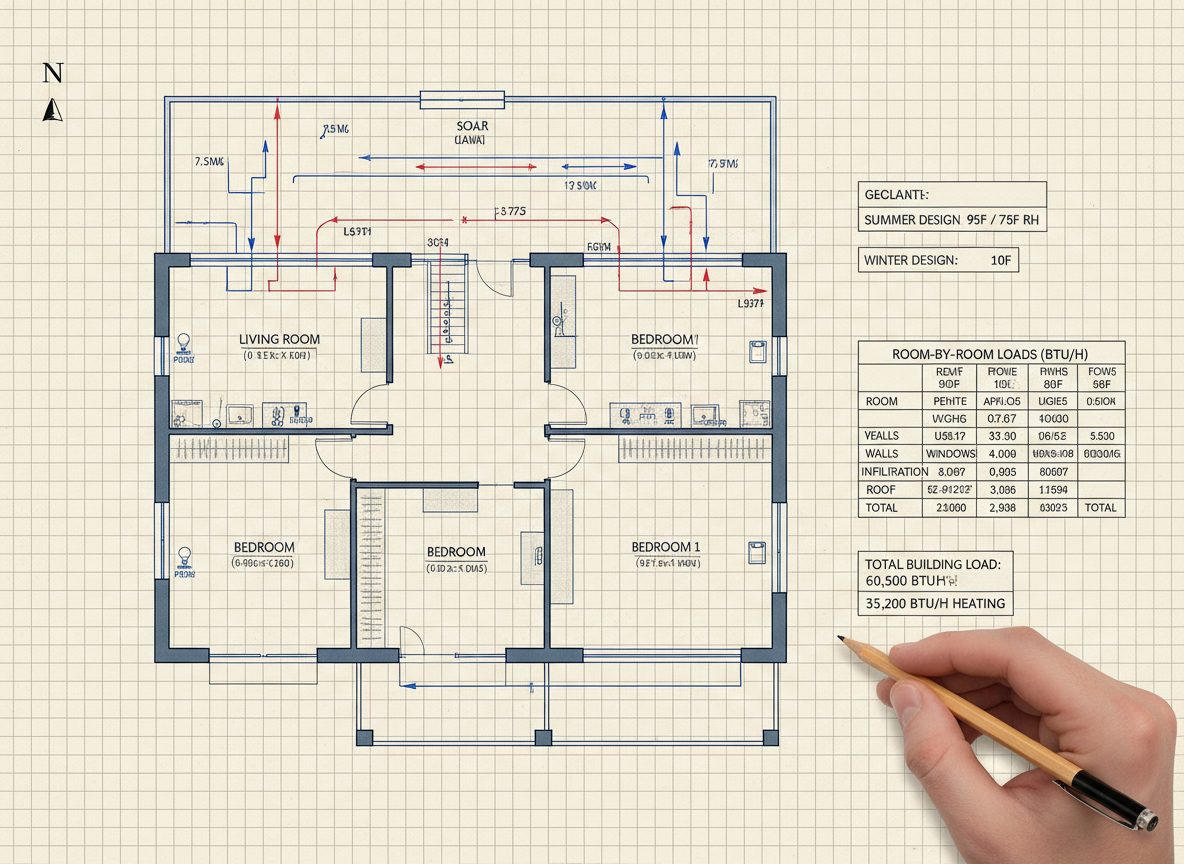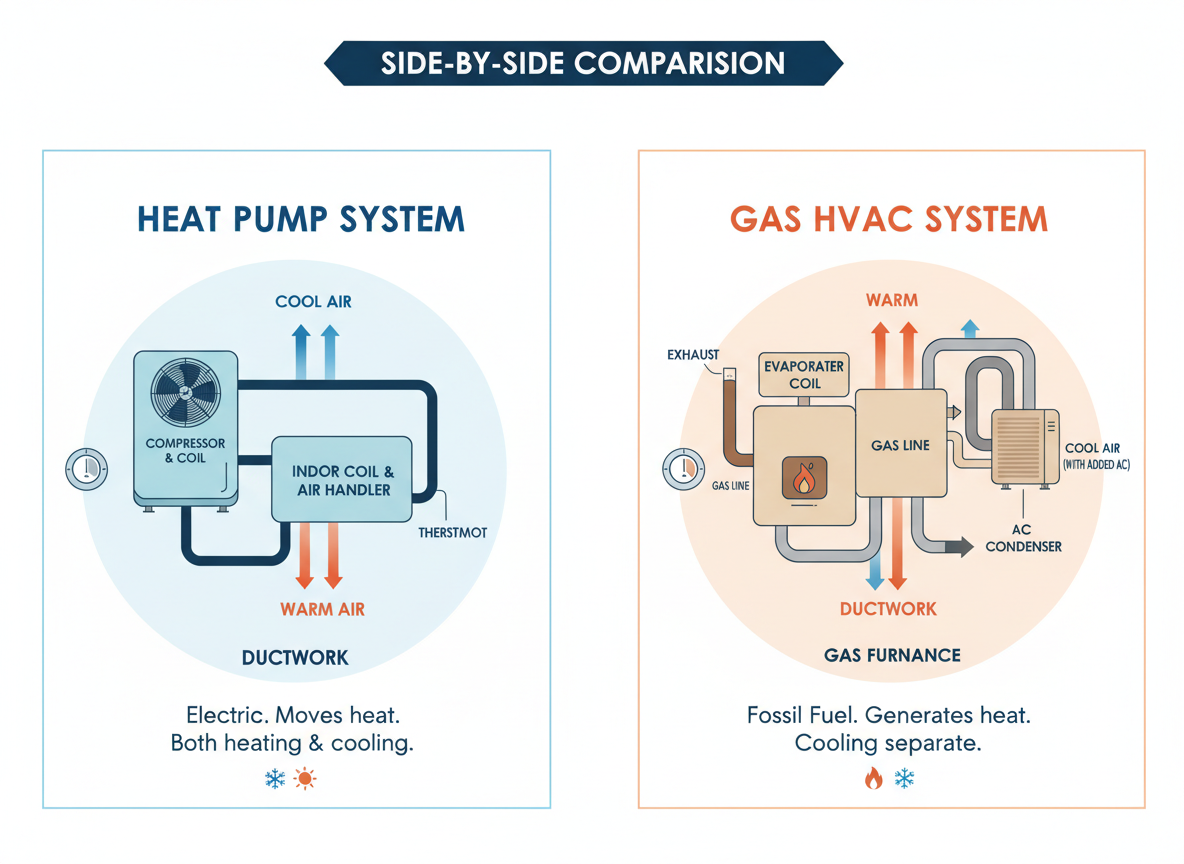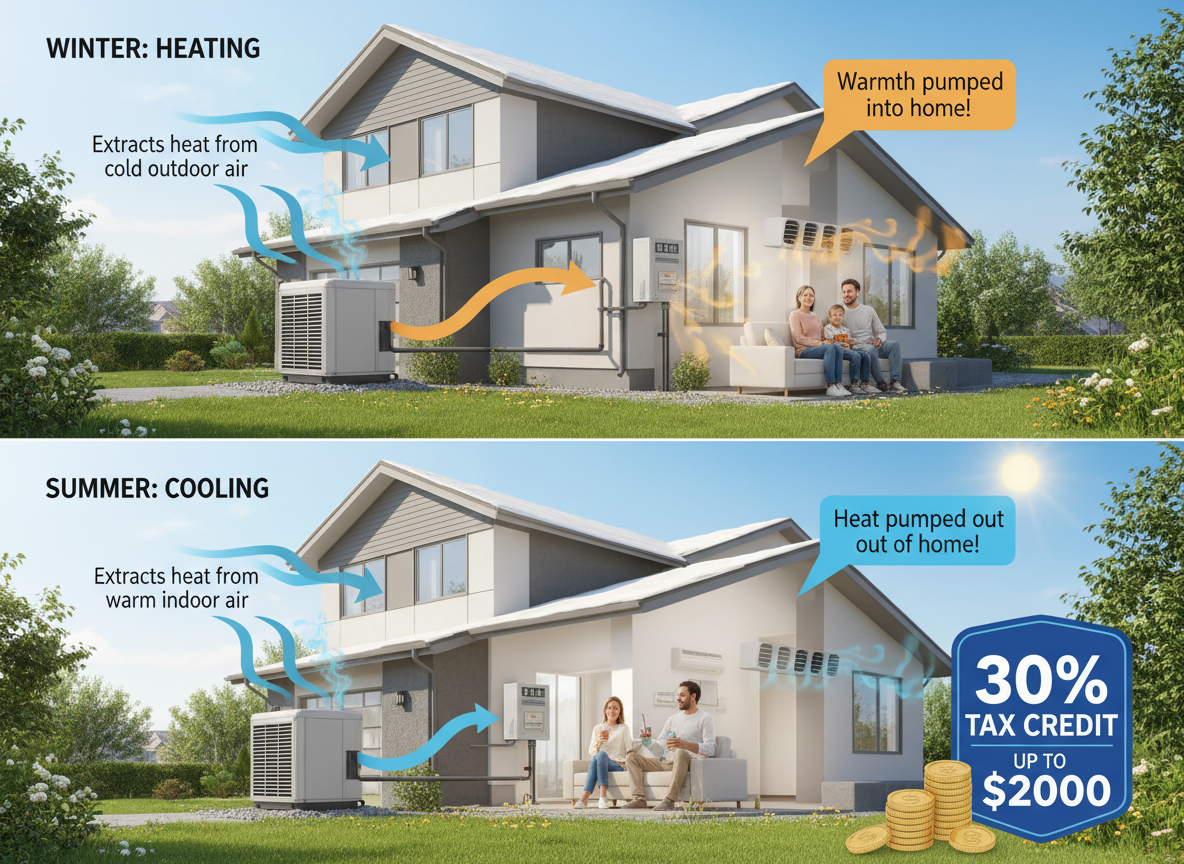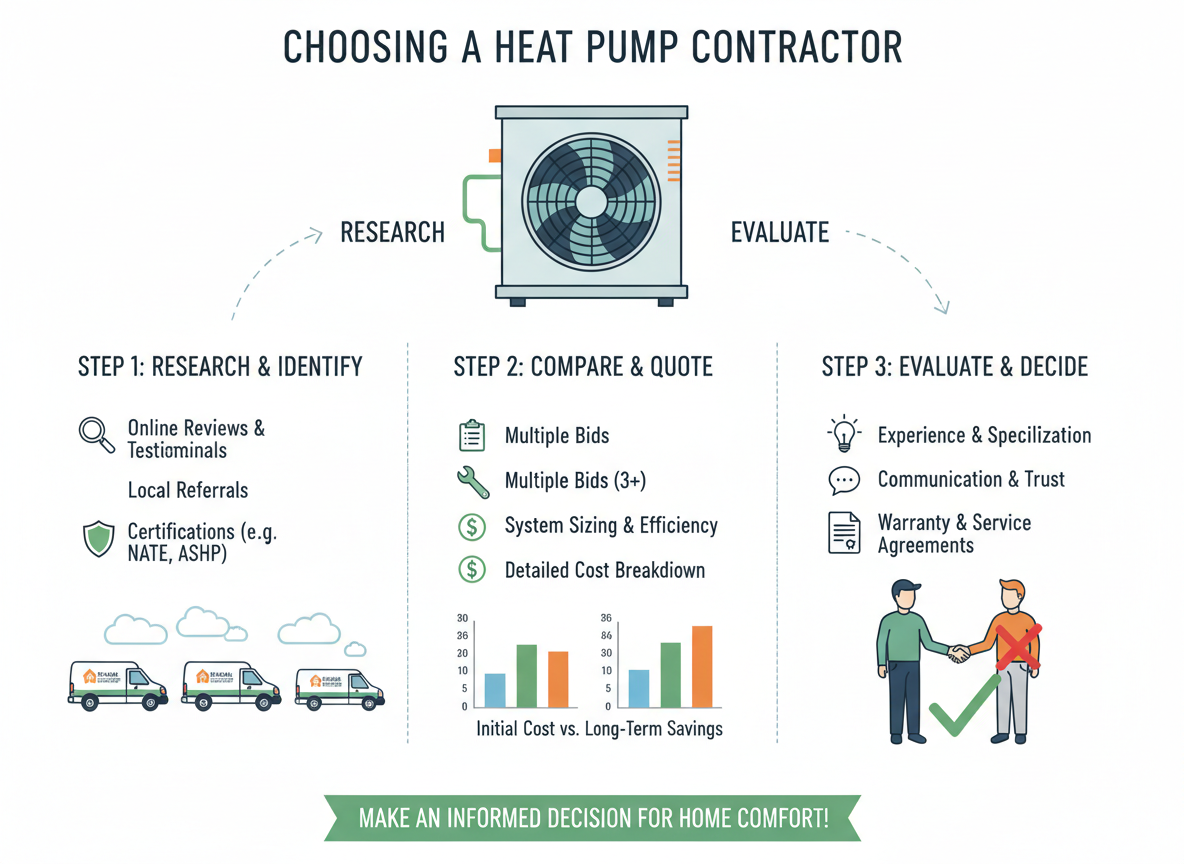
When childproofing your home, do not overlook your home’s HVAC system. Toddlers and younger children are naturally curious and be quite adventurous. You may think that because most HVAC equipment is out of sight, that children are unlikely to encounter hazards from the system. The following are HVAC safety tips for children to make your home safer.
Secure Vents
Secure vents especially if you have smaller children in your home. Make sure vent covers are either nailed or screwed in place so they cannot be moved by children. Keep in mind, metal vents usually have sharp edges that can cut your child’s skin. Avoid any injuries by switching from metal to plastic. If you have floor vents, consider securing a vent screen over them to prevent children from dropping small items into them.
Put Away Remotes
Always keep any remote controls for the thermostat or the unit out of children’s reach. These items contain batteries that can be dangerous to your baby or toddler. Avoid accidental swallowing by keeping any battery powered controls out of children’s reach.
Install Thermostats Out of Reach and Secure Your Phone App
Be sure to install thermostats out of reach or install a lock box around so children are not able to tamper with it. If your children tamper with the thermostat not only can it impact your energy bill, but it can also damage your HVAC system by turning the thermostat too high or too low. Furthermore, it is common for children to use phones or apps at a young age nowadays. If you have a smart thermostat, with an app on your phone, they can also tamper with the temperature. Be sure to secure your phone app to avoid damaging your system.
Block Access to the Furnace
The indoor furnace or air handler may be located in a closet or basement and potentially accessible to children. You should find a way to block access to the furnace to prevent any potential danger to your children. The space where the furnace is in your home is also equipped with burners, blower fan, condensate drain pan along with other electrical components. It is possible for children to cut themselves on sharp edges, burn themselves, encounter wiring, or refrigerant among other hazards. Children can also cause damage to the evaporator coil if they throw any items into the system or by pulling out connections. It is best to keep the door to the room or closet locked at all times.
Block Access to the Outdoor Condenser
Protect the outdoor unit as needed depending on the age and maturity of your children. If unsupervised small children may have access to the condenser which can pose several dangers. The vent slots could injure small children. The fan grille on top is open enough where children can drop items in such as sticks, rocks, liquids,or other small items. Little ones could also climb up on the unit, potentially falling off or damaging the fins. Any damage to the condenser especially if it is running could result in costly repair bills. Consider enclosing it with a small fence to keep children away.
Schedule Routine Furnace and AC Maintenance
It is important to have your HVAC system inspected by a professional at least once every year for furnace and AC especially when you have children in the home. A trained professional can inspect your HVAC components that may have been damaged by children and make any recommendations for furnace or AC repair, or for future protection. Routine maintenance is especially important as well, if you have anyone in your home who suffers from allergies or respiratory conditions. Replace your filters, clean your home on a regular basis and consider installing an Air Scrubber for optimal indoor air quality.
Maintain Comfortable Room Temperatures
Outdoor temperature and humidity can affect the performance of your HVAC unit. Maintaining comfortable room temperatures indoors should be a priority especially with little ones in the home. Newborns and infants are especially vulnerable as they are unable to regulate their own body temperature. The American Academy of Pediatrics (AAP) advises you ensure your baby is not too hot for safe sleeping conditions and to reduce the risk for SIDS. Provide a safe sleeping area out of direct chill blasts as well.
Replace Older Systems
Older HVAC systems are not only inefficient but can also pose a health risk to your family. Older HVAC systems have a higher chance of breaking down, emit carbon monoxide, and heat or cool your home unevenly. Consider replacing an older HVAC system to save money on energy bills and repairs, but also to make your home safe and more comfortable for your children.
Keeping your home safe, secure and comfortable for your children is a top priority. At LA Heating and Air we want to help you reduce any potential risk your HVAC system may bring. Give us a call at 818-341-3406 or contact us online and we will be happy to help.






















.png)














